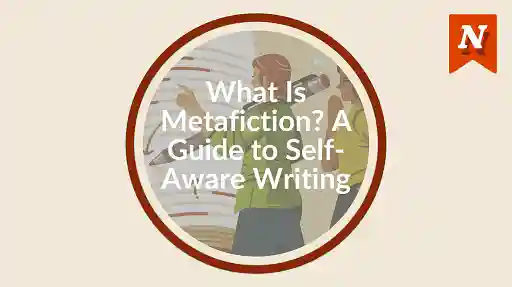One of the wonderful things about writing is that we are surrounded by teachers. The books you read can teach you something (good or bad) about the art of writing.
Here are some of our favourite lessons from some of our favourite master writers:
- 8 writing tips from authors who won the NobelWhat do writing luminaries such as Toni Morrison, Alice Munro and Wole Soyinka have to say about writing? Read their wide-ranging advice here.
- What The Hobbit tells us about character development Tolkien's widely loved epic fantasy series has it all - wizards, dragons, fearsome pit lords, romance, comradeship and a powerful, ominous antagonist. Read more about what you can learn from his great skill.
- Creating mood like Haruki Murakami The Japanese author has carved out a niche in the adventure story, writing strange but compelling fables that create a powerful sense of mood and disorientation. Learn more about Murakami's mood-driven adventure pieces.
-
Novel characters: 15 top character creation tips
Character creation is a broad subject, but these 15 tips from authors and bloggers will help you create interesting, diverse characters that have depth. -
Quotes for writers: 35 international authors’ writing advice
Read 35 authors from around the world's advice on writing - how to avoid stereotypes, finding ways to identify with characters unlike yourself and more. - What Anne Lamott can teach us about writing a memoir Anne Lamott's book on writing Bird by Bird is a firm favourite. Read about her approach to memoir for insight on how to write true stories in a way that capture's readers' imagination.
-
Advice from a writing coach: 8 things I learned writing my debut
Author and writing coach Alyssa Hollingsworth shares eight things she learned writing her debut. - How to write suspense like The Hunger Games Suzanne Collins' The Hunger Games became an overnight publishing success, due in large part to her skill at creating suspense and upping the stakes for her heroine Katniss. Read more about how Collins gets suspense and characterization right.
- Editing tips from Raymond Carver A large part of writing successful fiction is being a ruthless editor (or investing in an editor who will kill your darlings for you). Read these editing tips from short story legend Raymond Carver.
Ready to improve your writing skills? Get a free guide, a more comprehensive workbook with examples and exercises, or take a short course and become a better writer now.









